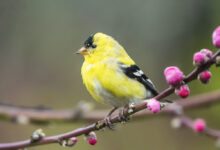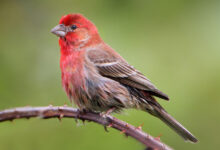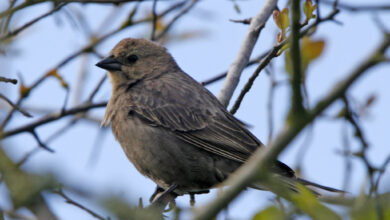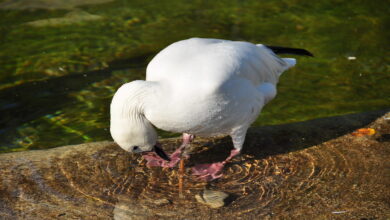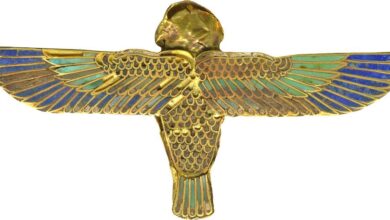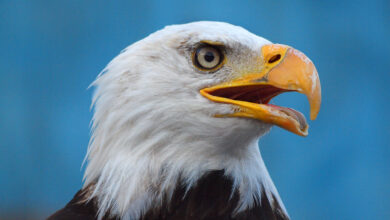The Symbolism of Doves: Mourning Dove Meaning
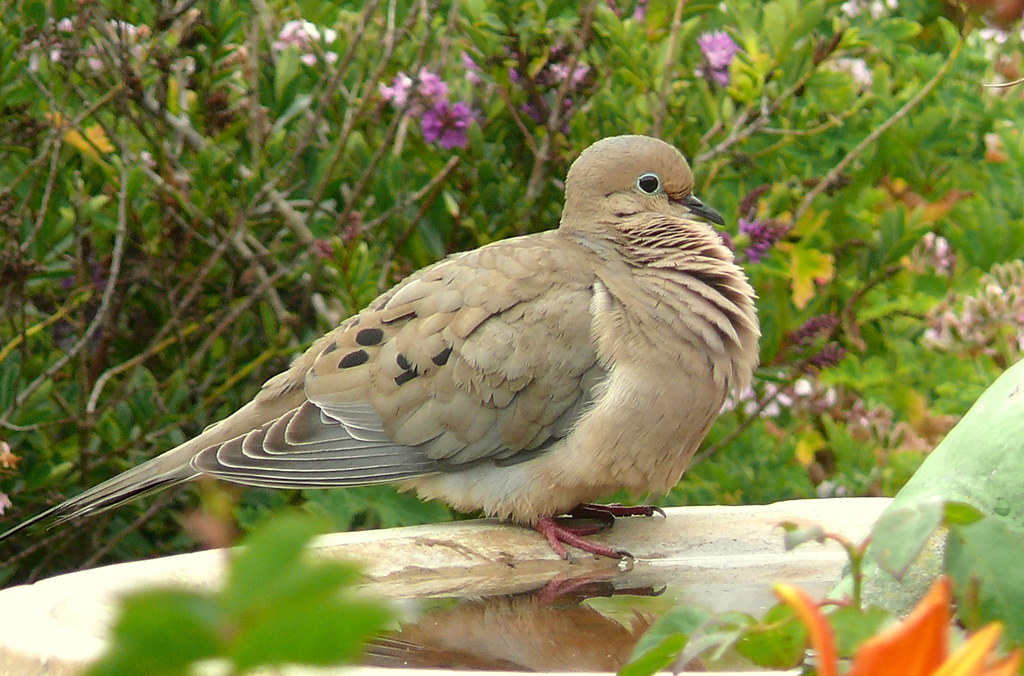
Doves have long captured the human imagination, symbolizing peace, love, and purity across various cultures and traditions. The mourning dove holds a special place in many hearts among the different species. This article delves into doves’ rich symbolism and meaning, exploring their roles in our lives and beliefs.
Mourning Dove Meaning
Mourning doves are slender, medium-sized birds with long tails and a distinctive, soft, mournful cooing sound. They thrive in urban and rural environments and are commonly found throughout North America. Their gentle nature and monogamous behaviour make them a symbol of enduring love and fidelity.
Description and Characteristics
Mourning doves are easily recognizable by their plump bodies, small heads, and long, pointed tails. Their feathers are light greyish-brown with black spots on the wings and a subtle pinkish hue on their chest. They have a characteristic swift, direct flight with rapid wingbeats and occasional gliding.
Habitat and Behavior
These highly adaptable doves are often seen in open woodlands, fields, and suburban areas. They feed primarily on seeds, foraging on the ground or at bird feeders. Mourning doves are known for their strong flight capabilities and their ability to travel long distances during migration.
Symbolism of the Mourning Dove
The mourning dove’s symbolism is deeply rooted in history and culture. From ancient times to the modern day, these birds have been seen as messengers and bearers of significant meanings.
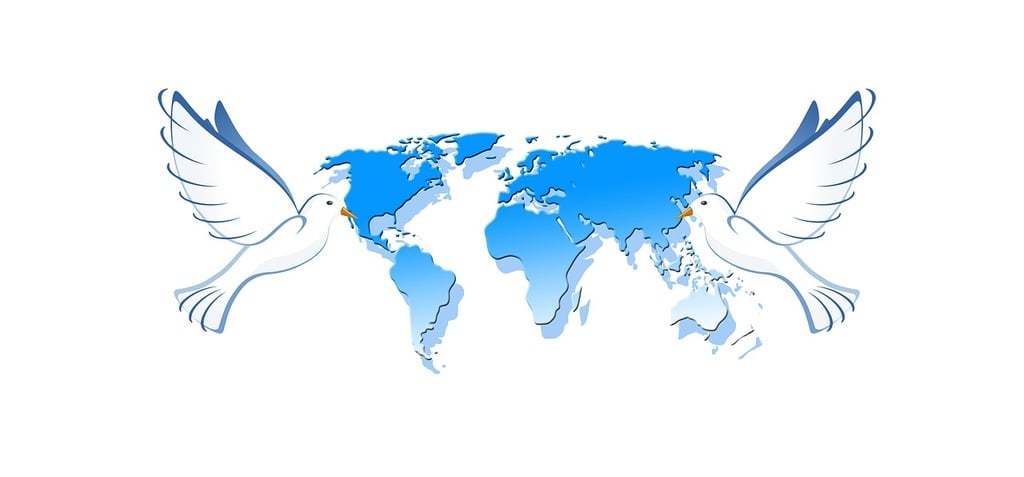
Historical Context
In many ancient civilizations, doves were associated with deities of love and fertility. For instance, in Greek mythology, doves were sacred to Aphrodite, the goddess of love. Similarly, in Roman mythology, they were linked to Venus.
Cultural Significance
Across various cultures, the mourning dove symbolizes peace, mourning, and the soul’s eternal nature. Their gentle cooing is often associated with comfort and hope during loss.
Do Doves Mate for Life?
One of the most endearing traits of mourning doves is their lifelong monogamous bonds. These birds often mate for life, forming strong pair bonds.
Mating Habits
Mourning doves engage in a courtship that includes soft cooing, mutual preening, and graceful flight displays. Once paired, they remain devoted to each other, often seen perching closely together.
Bonding and Parenting
Both parents share the responsibilities of nest building, incubating eggs, and feeding their young. This shared parenting not only strengthens their bond but also ensures the survival of their offspring.
White Dove Meaning
White doves are special in human culture, often representing purity, peace, and new beginnings.
Symbolism in Various Cultures
In many traditions, white doves are seen as omens of peace and harmony. They are frequently released during ceremonies to symbolize the start of a new journey or the establishment of peace.
Uses in Ceremonies and Rituals
White doves are popular in weddings, funerals, and memorial services. Their release is poignant, representing the soul’s liberation and hope for a peaceful future.
Mourning Dove Symbolism
With its soft, melancholic call, the mourning dove embodies a range of symbolic meanings.
Peace and Tranquility
The gentle cooing of mourning doves is often associated with serenity and calm. Their presence reminds us to find peace within ourselves, even in difficult times.
Messages of Hope and Love
Mourning doves are seen as messengers, bringing hope and love from the spiritual realm. Their appearance is often interpreted as a sign of comfort from departed loved ones.
What Do Doves Represent?
Doves generally carry a wealth of symbolic meanings, from love and peace to spiritual guidance.
General Symbolism
Doves are associated with peace and love and are also seen as symbols of purity, faithfulness, and gentleness. Their calm demeanour and soothing coos have a universal appeal.
Spiritual Meanings
Doves are often viewed as intermediaries between the earthly and spiritual realms. Their presence is considered a sign of divine intervention and protection.
Spiritual Dove Meaning
Doves hold profound meanings in spiritual contexts, representing the soul and the divine.
Connection to Higher Realms
Doves are believed to be messengers from the spiritual world, carrying messages of love, peace, and guidance. They are often seen as signs of spiritual awakening and enlightenment.
Interpretations in Different Spiritual Traditions
The dove represents the Holy Spirit in Christianity, signifying purity and divinity. In other spiritual traditions, doves are seen as symbols of the soul’s journey and the eternal nature of life.
Doves in Literature and Art
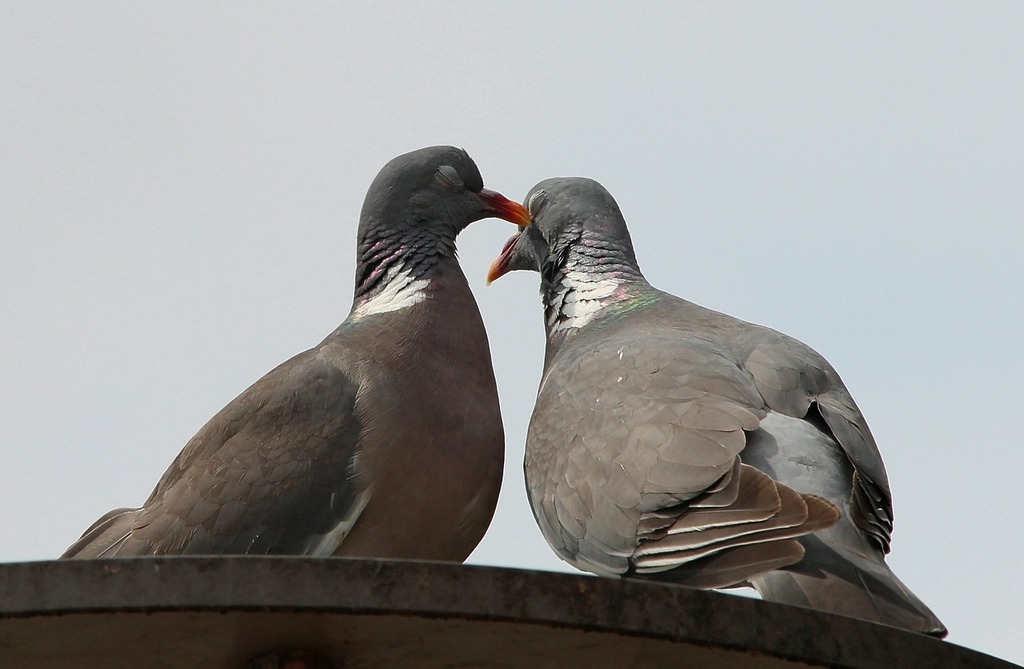
Doves have been depicted in literature and art for centuries, embodying various themes and emotions.
Representations in Literature
From ancient poetry to modern novels, doves have symbolized love, peace, and mourning. Their imagery evokes deep emotional responses and adds layers of meaning to literary works.
Depictions in Art
Throughout history, artists have used doves to convey hope, purity, and spiritual transcendence. With paintings, sculptures, and mosaics, doves inspire and move audiences.
Doves in Religion
Doves play significant roles in many religious traditions, symbolizing divine presence and spiritual purity.
Significance in Christianity
In Christianity, the dove is a symbol of the Holy Spirit, representing purity, peace, and God’s presence. The image of a dove descending is a powerful icon in Christian iconography.
Roles in Other Religions
In Hinduism, doves are associated with Yama, the god of death, symbolizing the soul’s journey. In Islam, doves are revered for their association with the Prophet Muhammad.
Doves in Modern Culture
Today, doves are powerful symbols in various aspects of modern life.
Symbolism in Pop Culture
Doves frequently appear in movies, music, and literature as symbols of peace and love. Their image is instantly recognizable and evokes universal feelings of hope and harmony.
Uses in Logos and Brands
Many organizations and brands use doves in their logos to convey messages of peace, purity, and goodwill. The image of a dove is associated with trustworthiness and positive values.
Conservation of Doves
Despite their symbolic significance, doves face threats from habitat loss and environmental changes.
Threats to Their Population
Urbanization, pollution, and climate change pose significant risks to dove populations. Loss of habitat and food sources can lead to declines in their numbers.
Conservation Efforts
Efforts to protect doves include habitat restoration, creating bird-friendly environments, and legal protections. Public awareness and participation in conservation programs are crucial for their survival.
How to Attract Doves to Your Garden
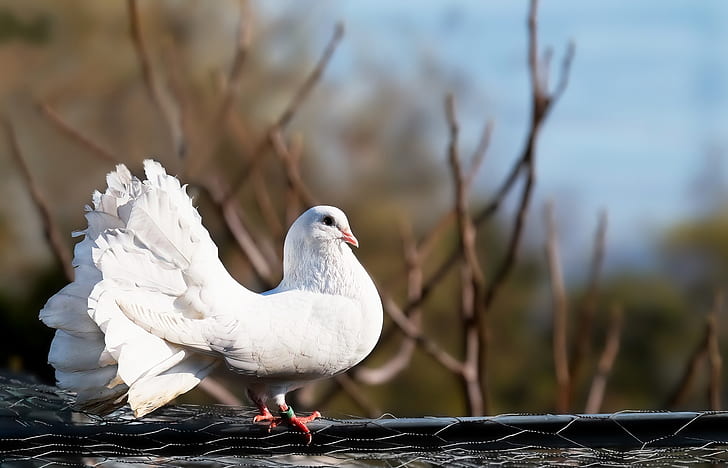
Creating a welcoming environment for doves in your garden can be a rewarding experience.
Creating a Dove-Friendly Environment
To attract doves, provide a safe, quiet space with ample food and water sources. Planting native shrubs and trees can offer shelter and nesting sites.
Feeding and Care Tips
Doves enjoy seeds, especially millet, sunflower, and cracked corn. Ensure fresh water is available for drinking and bathing. Avoid using pesticides that could harm them.
FAQs
What is the lifespan of a mourning dove?
Mourning doves typically live in the wild for 1-5 years, though some can live longer in ideal conditions.
Do mourning doves migrate?
Many mourning doves migrate south during the winter, though some populations remain in warmer regions year-round.
Can doves be kept as pets?
While doves can be kept as pets, they require special care and attention. It is important to ensure they have proper housing, diet, and companionship.
What do mourning doves eat?
Mourning doves primarily eat seeds but will also consume grains and occasionally insects. Providing a variety of seeds can attract them to your garden.
How can I tell if a dove is a mourning dove?
Mourning doves are identifiable by their slender bodies, long tails, and soft, mournful cooing. They have light greyish-brown feathers with black spots on their wings.
Conclusion
Doves continue to inspire and comfort us with their gentle demeanour and rich symbolism. From their lifelong bonds to their spiritual significance, these birds remind us of the enduring power of love, peace, and hope. Understanding and appreciating their place in our world can ensure they continue to grace our lives for generations.
